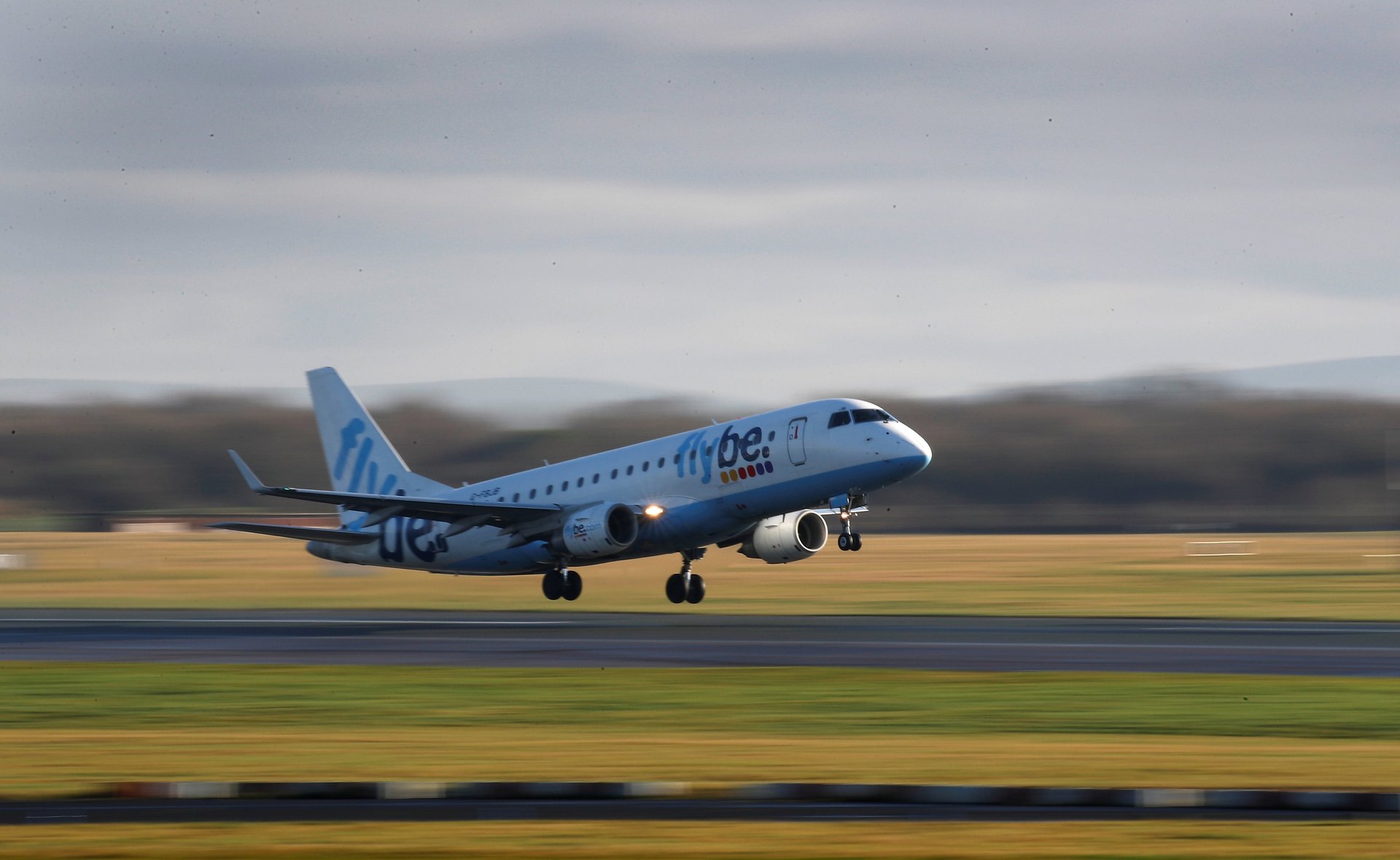Flying may never be as cheap again
Expect quieter skies—and better service. This was the future promised by Ed Bastian, CEO of Delta Air Lines, in a call yesterday with investors, who described “a more premium experience” for “the customer of tomorrow.” In other words: Pay up.


Expect quieter skies—and better service. This was the future promised by Ed Bastian, CEO of Delta Air Lines, in a call yesterday with investors, who described “a more premium experience” for “the customer of tomorrow.” In other words: Pay up.
To navigate a biting crisis, he said, Delta would be looking to “rescale” and streamline its business, reduce how full its planes are in the short-to-medium term, and focus its energies on delivering better service—at a cost.
This streamlining is likely to be industry-wide. In a note published April 13, Cowen analysts Conor Cunningham and Helane Becker suggested US airlines of the future would be ”smaller, leaner, and more efficient,” following the eventual removal of an estimated 900 aircraft from service, out of 23,600 passenger and cargo crafts worldwide, and as many as 100,000 job losses in the US alone.
For customers, fewer planes means less congestion at airports, resulting in fewer delays and cancellations. Initially, prices will decrease by an average of 35% through 2021, according to analysis from flight price monitoring company Dollar Flight Club, before rebounding. But it’s an expensive trade-off, with fewer route and carrier options resulting in higher ticket prices: By 2025, flying will be more than 25% more expensive than in 2019.
To break even, US airlines have had to keep cabins at least 59% full, according to the industry group IATA, while European airlines have had to have about 70% of their seats filled. For the most part, they’ve succeeded, with a “load factor” of about 65% in the US and 75% in Europe. But meeting those targets may become much harder if blocking off middle seats is introduced as a health initiative, reducing maximum possible capacity to about 67%. Screening and cleaning procedures that increase plane turnaround time may also drive ticket prices up.
Some of the world’s cheapest airlines, which helped drive prices down at legacy carriers such as Delta, have already been brought to their knees by the crisis. In Europe, UK airline Flybe was forced to shutter, while Lufthansa closed its budget airline Germanwings earlier this month in a major restructuring. Ultra-budget Ryanair remains in the black, though its main competitor, easyJet, has been forced to secure a £600 million ($740 million) loan from the UK government to survive.
Speaking to investors, Bastian was clear on his vision for the future of Delta: “I think people will pay a premium for service excellence like never before,” he said. They may have little choice in the matter.